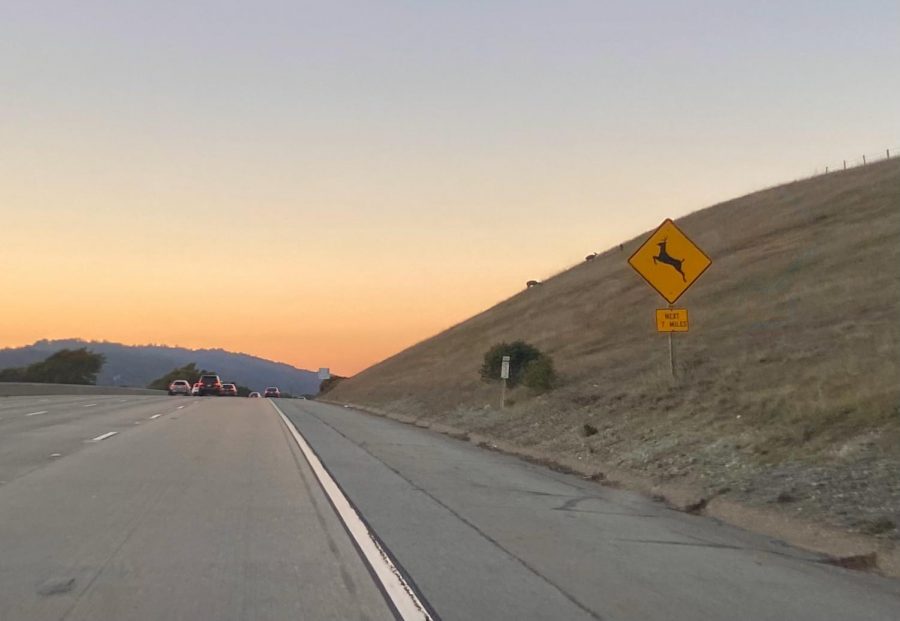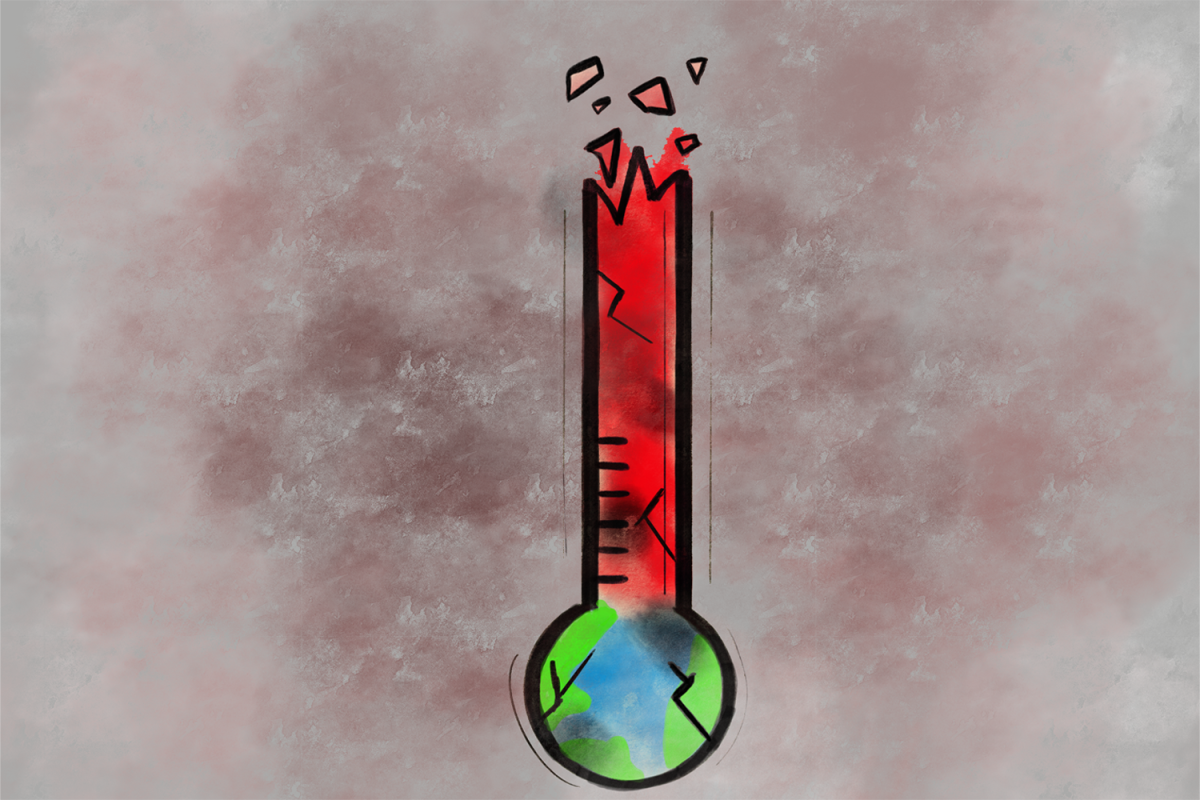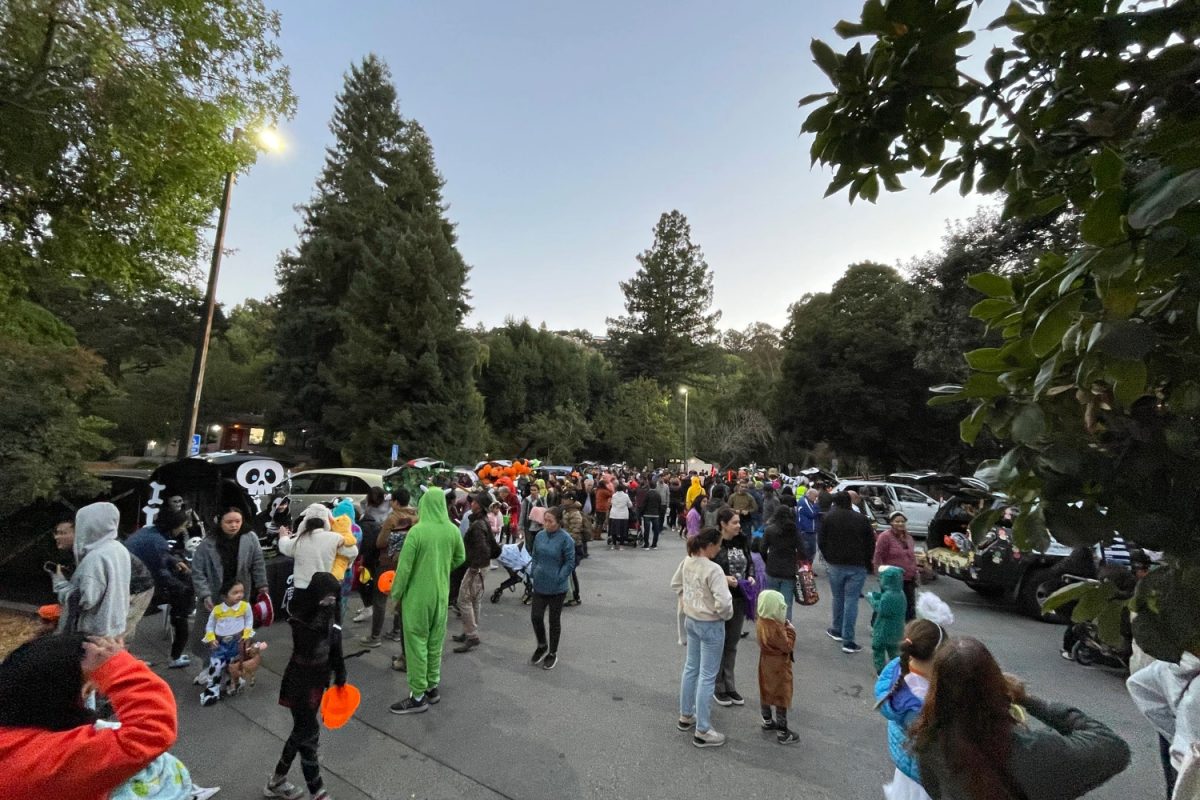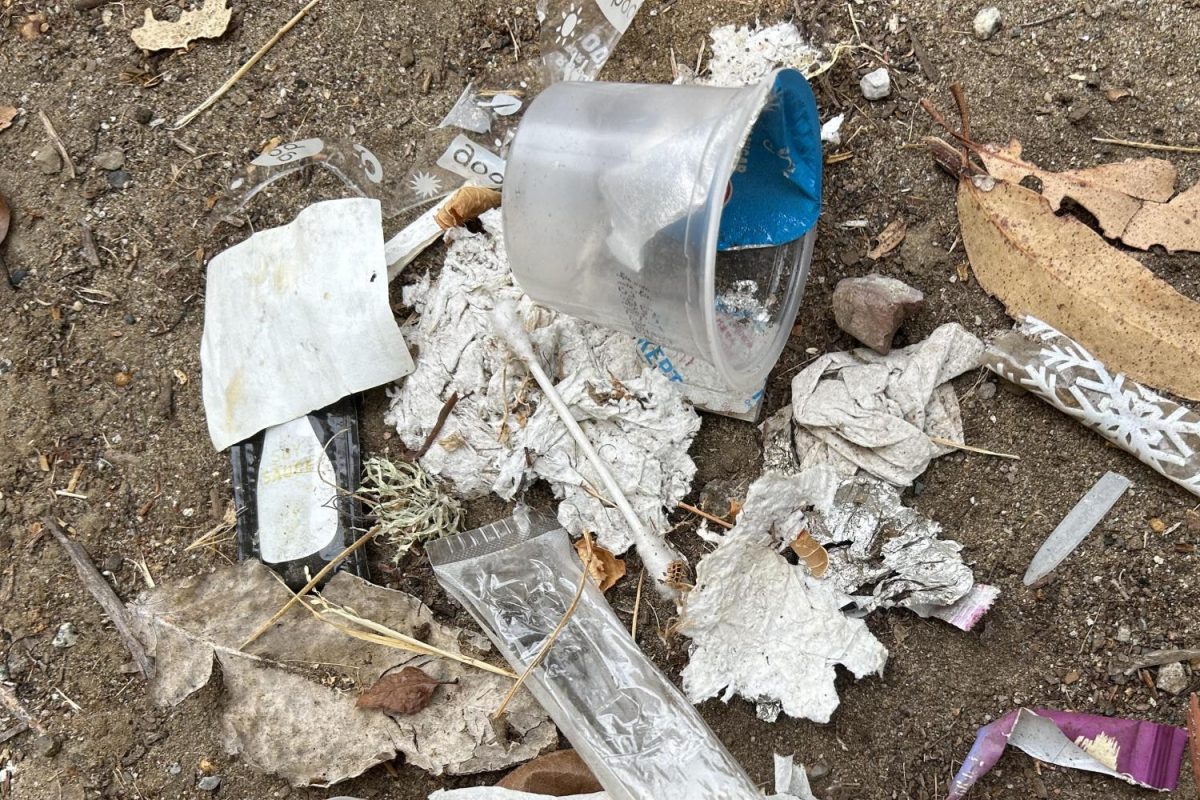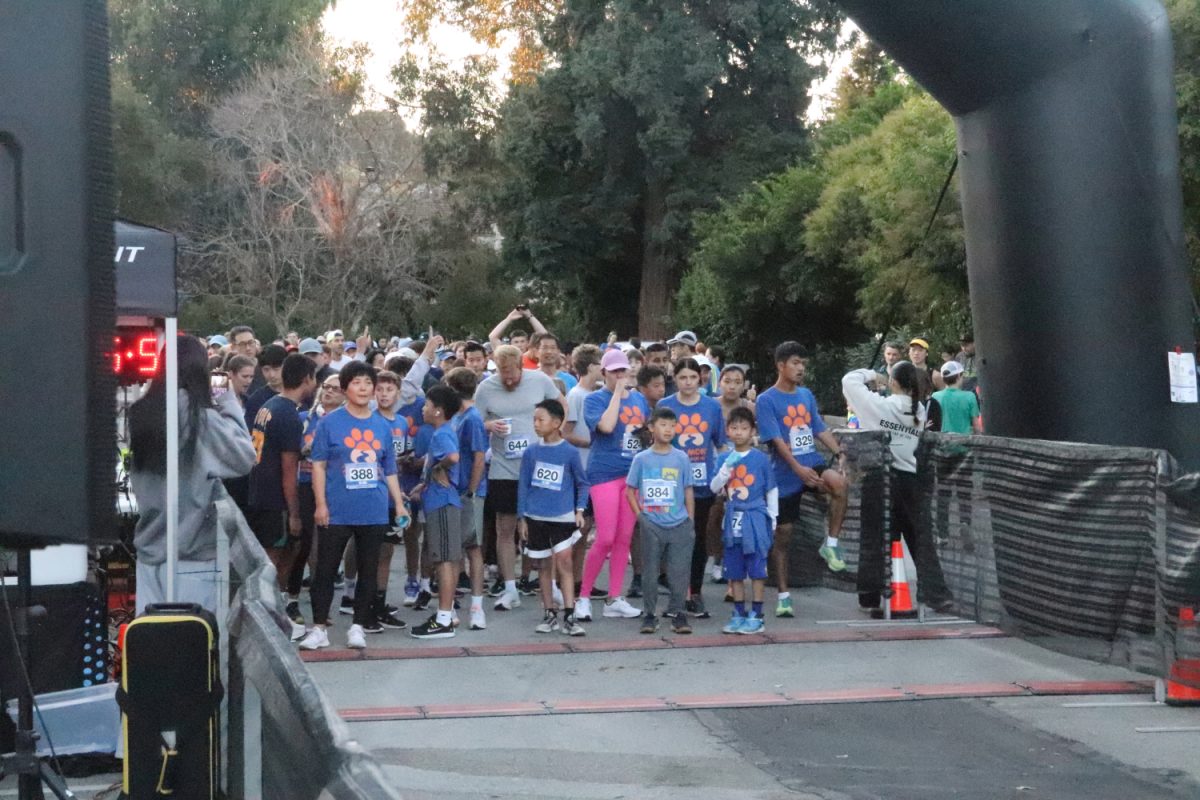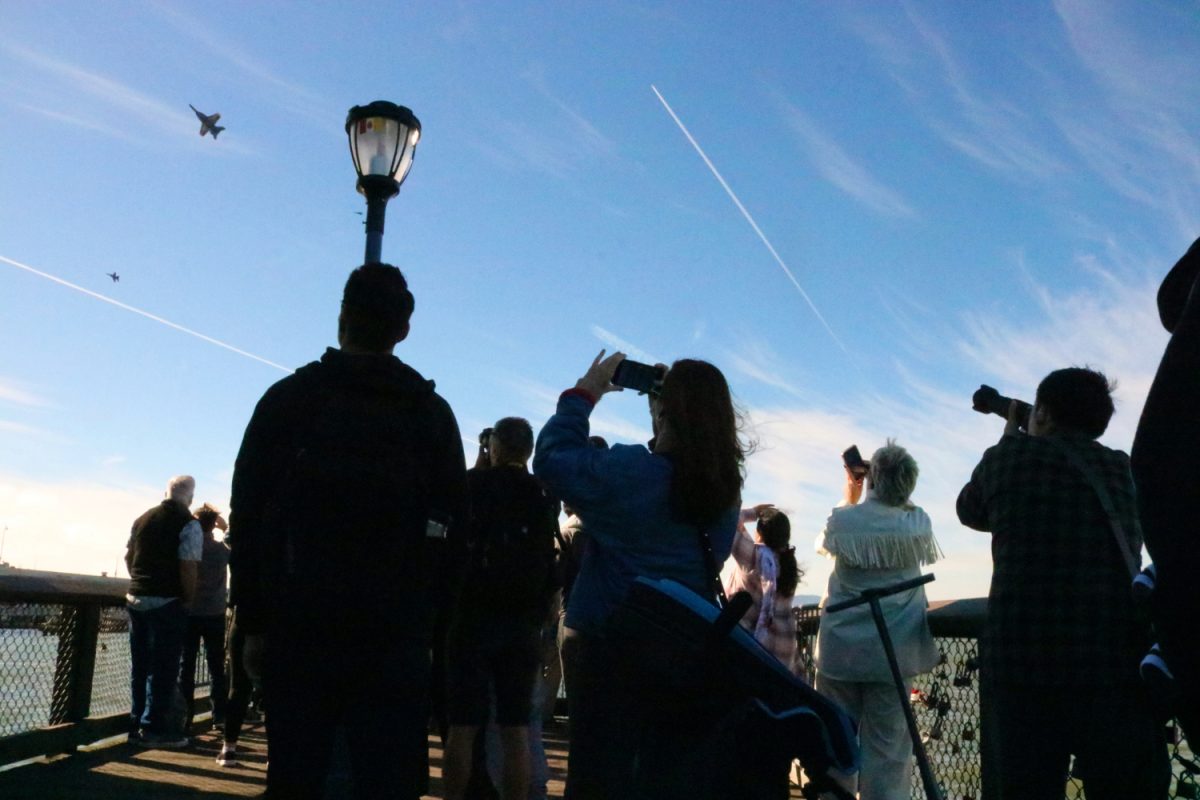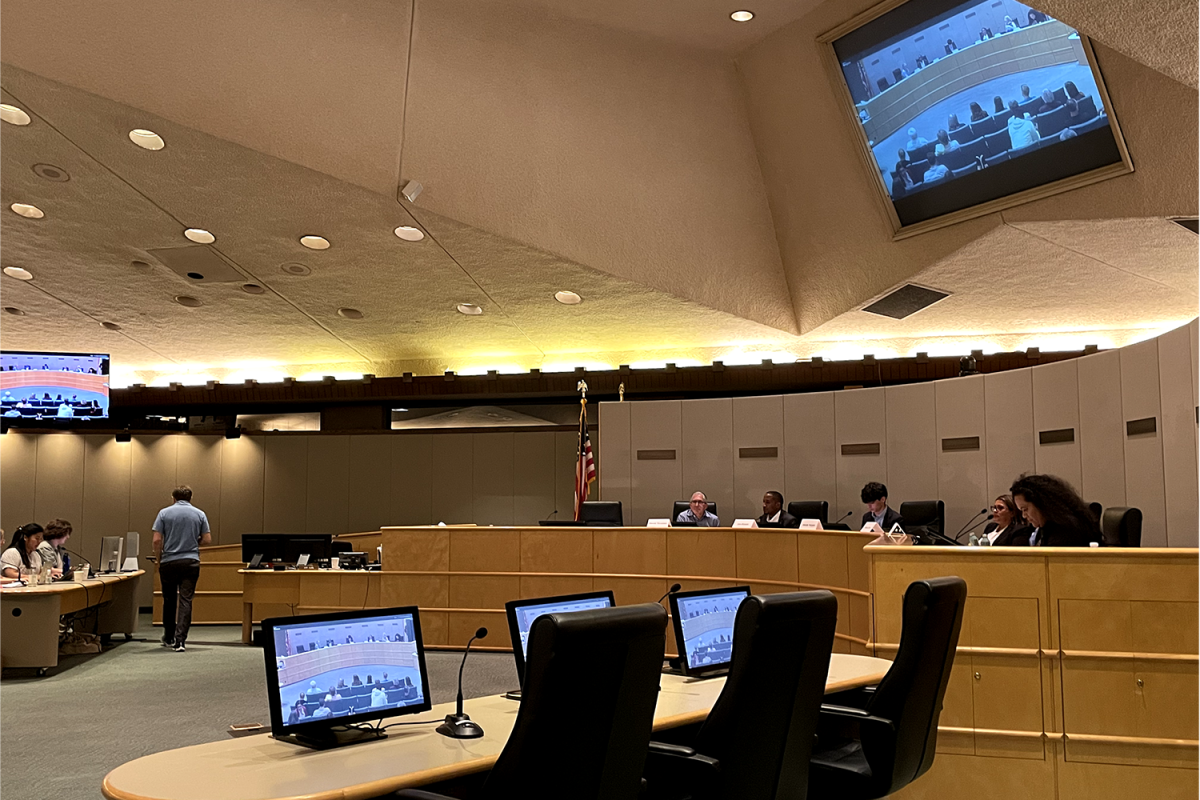In addition to the rolling green hills and the sparkling Crystal Springs reservoir one might see taking a drive down Interstate 280, dead animals along the road are familiar sights for many citizens of the Bay Area.
According to a new report by the Road Ecology Center at the University of California, Davis, the Peninsula I-280 was named the deadliest highway for wildlife in all of California. Wildlife and vehicle collisions (WVC) cost $5.8 million in damage a year, are a depressing scene for many passersby, and a likely death sentence for the animals involved.
“I saw a dead mountain lion, coyote, and deer all in the span of two days on my commute on I-280 a few weeks ago,” said Amy Shinshiro, a resident of Redwood City. “I commute from Redwood City to Brisbane in the mornings. As an animal lover, it always makes me sad to see. I also think about the people on their way to work that accidentally hit the animals. It’s a big mess.”
The Road Ecology Center at Davis is the only center of this kind in the U.S., which studies road system effects on natural systems and people. Led by Fraser Shilling, the team mapped about 15,000 miles of California highways that were presumed to be hotspots for WVC. Out of these, I-280 on the San Francisco Peninsula is the highway with the highest rate and cost of WVC and has been for the past five years. Of the top-20 highest cost one mile segments, five are on California’s I-280.
Multiple residents from the Bay Area have faced a situation where wildlife and vehicle collisions negatively impacted their lives.
John DeBorde, a local of Belmont, faced a shock when a deer hit his car on Ralston Avenue, nearing the entrance to I-280.
“It was startling because I never saw the animal until it was bouncing off my car. It plowed into us and caused several thousands worth of damage,” Deborde said.
Deborde isn’t alone in this. Tom Metz, a longtime Foster City resident, recalls a day where a deer on I-280 cost a life.
“When I worked in Redwood City many years ago, a co-worker was killed on his motorcycle by a deer trying to jump over him on I-280, near the Edgewood exit,” Metz said.
Fencing off the highways, wildlife overpasses, and underpasses are proposed solutions to this problem, all mentioned in the UC Davis report. To fix the 1,275 miles of highway segments with the highest rates of WVC, it would cost a little over $175 million to add fencing, according to the report.
“I think it would be very expensive to create animal passes and bridges over the highway. I’m not sure how effective that would be and if the animals would even be smart enough to find their way over the road,” DeBorde said.
However, according to the report, implementing this fencing would actually cost less than what wildlife-vehicle collisions have already cost the state in the past 10 years. In general, these animal bridges significantly reduce the amount of wildlife and vehicle collisions. In a study of multiple wildlife crossings implemented in Banff National Park in Canada, costs of wildlife-caused crashes were reduced by 90%, and animals successfully used the crossings.
Eric Dentler, a resident of Belmont since 1992, has a strong opinion that something needs to change in the Bay Area.
“The reduction in car-wildlife accidents off of I-280 would definitely offset the high costs involved. We have a collective moral responsibility to do something about this problem. Man’s greed has already made the grizzly bear, our state symbol, extinct in California,” Dentler said. “The mountain lions, widely populous in the Bay Area, should be treasured, but they face extinction here unless something is done.”
Mountain lions are especially vulnerable to collisions with vehicles because they move around a lot and cross highways and roads. Deer populations, the primary source of prey for many California ecosystems, are facing high mortality levels. Collisions between wildlife and vehicles continue to be under-reported and under-recognized as a threat to both drivers and wildlife.
The Road Ecology Center has been working for many years to bring awareness to and solve this issue. In 2013, they reported to Caltrans, who maintains I-280, that fencing off parts of the interstate to prevent wildlife access would be very cost-effective.
“This stretch of road (I-280) has been long known as a problem area. Caltrans and the California Department of Fish and Wildlife (CDFW) in some cases in the past have collaborated to build wildlife overpasses and underpasses,” said Kirsten Macintyre, the supervising information officer for the CDFW.
Legislative support is needed to gain funds and implement solutions to protect driver safety and the environment. However, according to the UC Davis report, WVC-reduction projects, such as wildlife crossings, have only been considered occasionally in the past and only as part of partial mitigation for transportation impacts.
“We live next to the number one most dangerous to wildlife stretch of highway in the state,” Dentler said. “Route I-280 cuts through a lot of open space lands that have been the domain of wildlife for thousands of years. How great would it be if wildlife passageways could be designed so drivers and critters could more safely traverse?”

